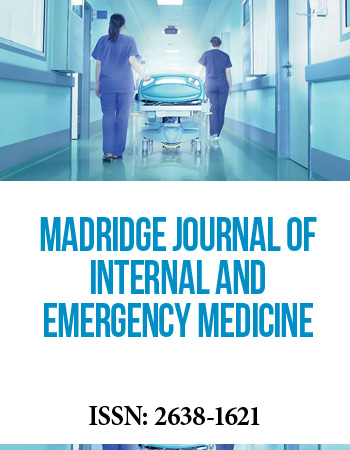International Translational and Regenerative Medicine Conference
April 25-27, 2018 | Rome, Italy
The Pharmacological Ascorbate as Adjuvant Cancer Therapy
Director of research, Riordan Clinic, USA
The use of ascorbate in oncology has long been passionately debated. Vitamin C has been shown to protect against oxidant injury at physiological concentrations and has been suggested as having both a preventative and therapeutic role in a number of pathologies when administered at pharmacological levels. We presented the summary of our and other researchersʼ studies that has included in vitro and animal experiments, pharmacokinetic analyses, clinical trials and analysesof the effect of ascorbic acid in monotherapy and as adjuvant of conventional therapy in the treatment of cancer patients.
The rationales for using high-dose ascorbate infusions to treat cancer can be summarized as follows: high dose vitamin C is preferentially toxic to cancer cells, inhibits angiogenesis, improves patient well-being, decreases the markers of inflammation and tumor growth and reduces the side effects of chemotherapy. Clinical studies are ongoing in pancreatic cancer, ovarian cancer, prostate cancer and several types of other cancers. Ascorbate has the advantage of being low-toxic, which is now well documented by more than 10 clinical trials. Its efficacy has been demonstrated in preclinical and clinical trials when paired with standard radiation and chemotherapy regimens.
Clinical studies of chemotherapy with vitamin C demonstrated that intravenous vitamin C (IVC) does not interfere with anti-tumor effects of chemotherapy. IVC may improve time to relapse, enhance reductions in tumor mass and improve survival in combination with chemotherapy. IVC treatment improves quality of life, physical function, and toxicities associated with chemotherapy. The mechanisms underlying the preferential toxicity of vitamin C in cancer cells are not well understood. Several mechanisms are proposed that include the alterations of redox balance and cell metabolism, downregulation of several gene expressions that are involved in cancer proliferation, survival and angiogenesis, boosting immune system, strengthening the collagen structure, and inhibition of hyaluronidase. Available data provide a solid scientific rationale for the continued investigation of parenteral ascorbate as a chemotherapeutic agent.
Biography:
Dr. Mikirova is director of research at the Riordan Clinic. After 15 years as the senior researcher at the Institute of Bio-Medical Problems in Russia, she joined the Riordan Clinic in 1997. Her efforts have included in vitro studies, animal studies, pharmacokinetic analyses, and clinical studies. She has published numerous articles including more than 50 in the area of the translational cancer medicine and 50 articles in the field of bio-medical aspects of radiation. Her areas of research focus include: effect of high dosage intravenous vitamin C on inflammation, cytokines, angiogenesis, gene expression and viral infection; potential of using high dose IVC alone or as the adjuvant therapy to treat cancer; and energy metabolism and functioning of mitochondria in cancer and normal cells.


